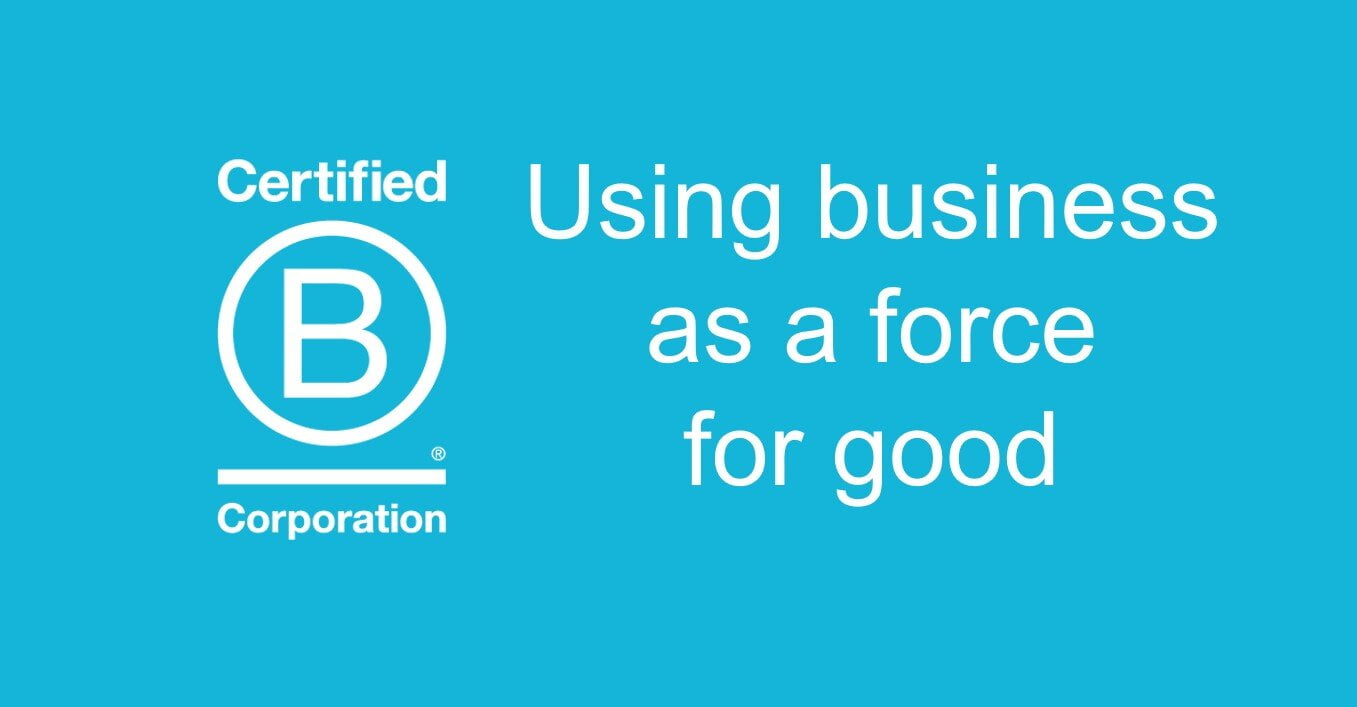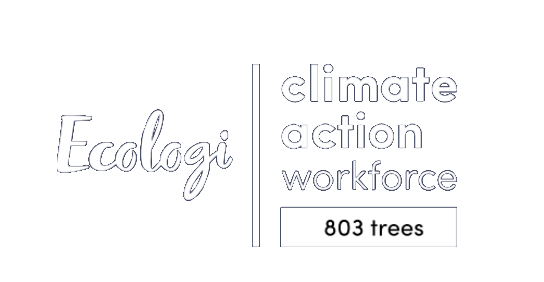There is no doubt that we have entered a difficult economic period, redefining what business should be about: purpose people and planet (plus profit). In the past month, companies have had to address the social aspect of their businesses head-on. That’s led to some CEO’s forgoing salaries, ensuring that their workers have enough paid leave for health reasons, extending paid paternal and maternal lave, and, in general, providing more flexibility to their employees.
This could actually be a defining period for business and push a much broader range of companies to adopt a more impactful purpose, building a better version of capitalism, and taking action to address inequalities: A silver lining of the COVID-19 pandemic is that, now more than ever, a new approach and framework is essential.
In some areas we are now seeing many companies, large and small, moving towards an increasingly stakeholder-driven model of business by working “on purpose” and shifting their operations to prioritise the support and benefits to their workers and communities—a critical pivot in this moment.
We see these shifts as mirroring best practices and principles that we’ve encouraged for many years and a core part of our mission is to help companies shift to a stakeholder model of capitalism. It’s heartening to see companies take actions in this moment that the best companies have been doing every day, like treating their workers fairly with benefits like paid leave, healthcare, additional parental leave, or supporting their communities by serving food banks, giving back through financial support, providing more equitable terms to suppliers, shifting manufacturing to make PPE and more.
This is proof that companies can do this. Now the question is whether we will see a much broader set of companies uphold these practices for the long term.
What is of concern is that these many stakeholder-driven decisions we’re seeing may just be short-term shifts that companies feel they only need in a crisis, and that when it’s time to go back to ‘normal,’ they will immediately cut back on support to their workers and their communities, decimating the important role that the private sector can play.
What we have witnessed in previous economic downturns is that companies with a stakeholder focus and a strong environmental, social, and governance (ESG) proposition are more resilient in crisis. During the 2008 financial crisis, they were 64% more likely than other businesses of a similar size to make it through the downturn.
And we think it’s because of a few factors. One factor is that companies with stronger relationships to their workers, their customers, or their supply chains, have better opportunities to weather the storm. When they have to make the hard decisions, their people are more likely to stick with them. The other factor is that companies who operate with an ESG proposition tend to be more innovative. When a company’s business model is to deliver value to stakeholders, when the needs of their stakeholders change, that company will more intuitively pivot their business model to serve those shifts in needs. Companies that focus exclusively on delivering shareholder value are more likely to hold fast on their business model and operations, to take an approach of cutting back, holding onto cash, and being less innovative in thinking about how to pivot their businesses to meet changing needs.
Strength of relationships and innovation remain critical ingredients to resilience, and we hope to see them again in this downturn.
Even before COVID-19 was at our doorstep, there was already a new consensus and a growing number of companies becoming more stakeholder focussed, and in the growing narrative in culture and media of what the role of business should be.
A challenge we’ve had up until now was that we just weren’t seeing significant outside action against those beliefs, but in this moment, we see that this model, and the actions required to live into this model, is possible.
And so the silver lining of the COVID-19 pandemic is that, now more than ever, a more purposeful model and framework is relevant. The time has come for companies to adopt models of stakeholder capitalism, and that it is the responsibility of business to deliver value across their stakeholders – workers, communities, supply chains, the environment – alongside their shareholders. Big companies have been forced into this model in their response to COVID-19, with shifts in their worker practices, in manufacturing to create supplies for the healthcare sector, in distribution to get food to those who need it most. These companies certainly have an opportunity to go further. But what they shouldn’t do is presume to go back to how they’ve operated in the past.
We’ve also been pleasantly surprised to see how many companies are increasingly interested in a powerful management framework available to all, that can use an industry standard assessment tool to measure and manage how it’s delivering value for stakeholders.
I am hopeful to see all the good decisions that CEOs are making to rise to this moment – whether it’s around pay and compensation, how they are treating their workers, what benefits they are providing and beyond – to be lasting decisions, and not be seen as short-term fixes that will be phased out over time. The solutions, however, must be holistic – a CEO should not be lauded for taking a pay cut, while at the same paying out a generous shareholder dividend in the midst of layoffs of a significant portion of its workforce. That is not valuing stakeholders equitably. And it’s only if we can make these holistic decisions part of the long-term plan, and not just a short-term sticking plaster, that we will be able to change a system that does not create value for everyone.
The health and economic crisis is certainly revealing the cracks in capitalism that have always existed, the most significant of which is a system that is driven by maximising value for shareholders, at the expense of other stakeholders like workers, communities, suppliers, and the environment. We have been working for many years to develop the real, tangible ESG practices and measurement for businesses to adopt a stakeholder approach to capitalism. There are already thousands of companies, spanning a range of industries and sizes around the world, living this new model of business.
It’s now time for more companies to walk the walk for the long-term.






